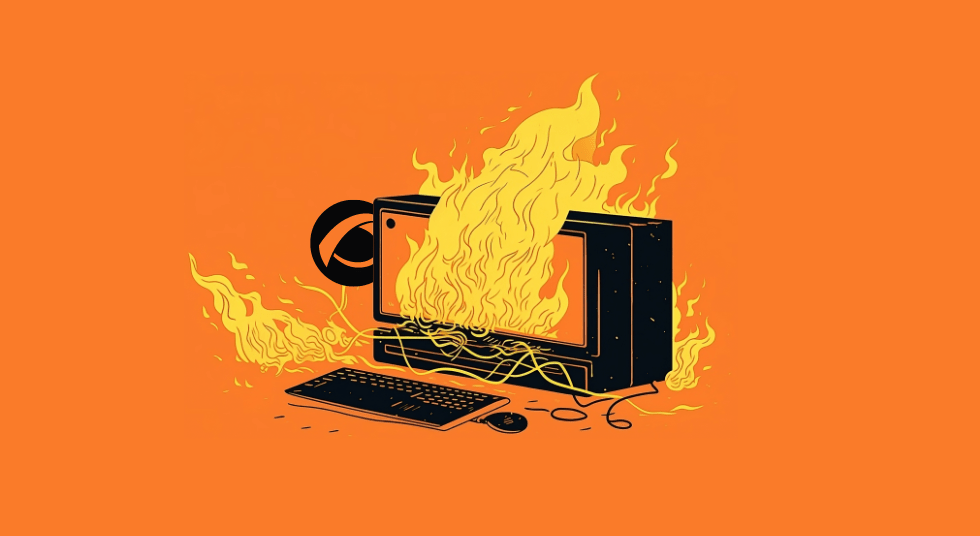Awe-Inspiring Examples Of Info About How To Check If Computer Is Overheating
How to diagnose and fix an overheating laptop step one:
How to check if computer is overheating. On average, your desktop should sit around 30 degrees celsius when idling and no more than 70 to 80 degrees celsius under heavy loads. Overheating may trigger your pc to shut. Eventually excessive heat can damage the internal components.
Signs of an overheating computer include a device that’s hot to the touch, a fan running in overdrive, and loud whirring noises coming from your machine. How do you know if your pc is overheating? This suggests that your laptop is building up more heat than it is able to adequately dissipate.
Before you begin diagnosing overheating issues on your computer, you need to check the temperature levels. Symptoms of overheating. Watch for unexplained computer reboots or blue screen errors.
A computer will often shut down in attempt to protect. Here are some common indicators that your computer may be overheating: Below, we'll explain how to check your cpu temperature, what a.
Use a laptop cooling pad when playing games: Temperatures can be monitored using something like cpuid's hwmonitor*. Recognizing the signs of computer overheating is essential to prevent potential damage.
You can tell your pc is overheating if it feels hot to the touch, if your fans are running loud, or if you experience abrupt shutdowns, screen freezes, or the dreaded blue screen crashes. Another obvious indicator is fan noise. Put the computer in a location where it can properly ventilate itself.
If your system has run into temporal errors causing it to overheat, a simple restart could fix things. Remove the existing residue with a cotton swab doused in thermal paste remover and apply new thermal paste. Listen for warning beeps from within your computer’s case.
To check the cpu temperature in your pc, you can download a thermal monitor software like coretemp and hwmonitor. If you notice a sudden decrease in your system’s performance, frequent lags, or delays in executing tasks, it could be a sign of cpu overheating. If the thermal paste on your cpu has dried out, you may have the answer to why the chip is overheating.
The first sign that a computer is overheating is if you feel excessive heat coming from the desktop or laptop. Is your pc's processor too hot? Search for your processor’s general brand name—for instance, i5 instead of intel core i5.
A light hum is normal when your computer is under load. You may also experience slowdowns or shutdowns as your computer tries to end tasks to cool down and prevent internal damage. Find the heat source related:

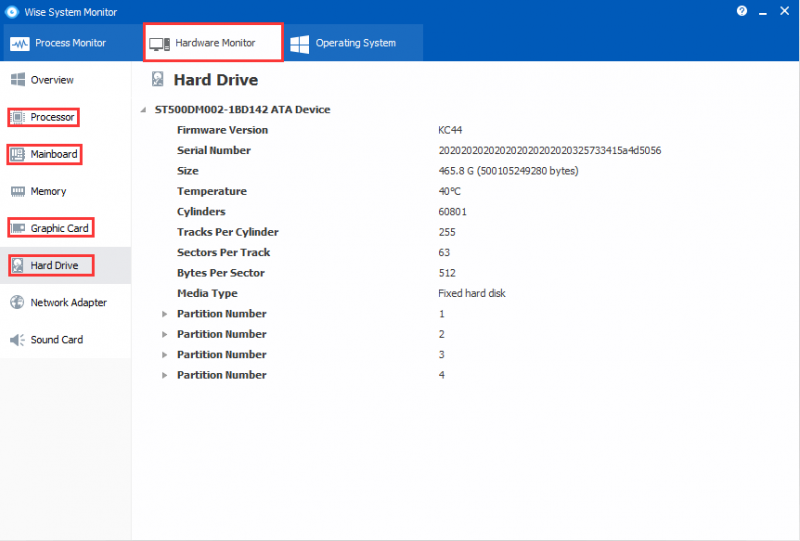
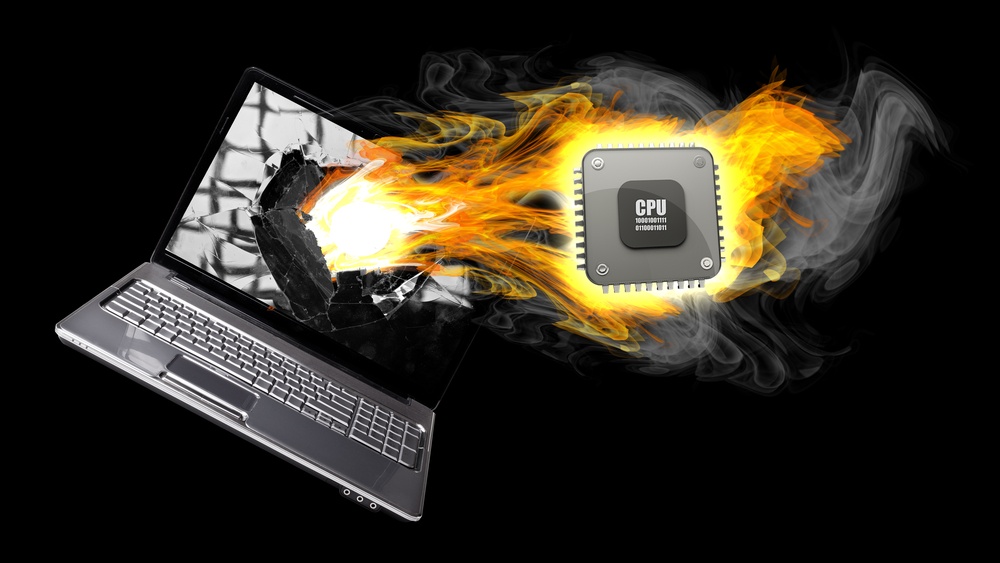


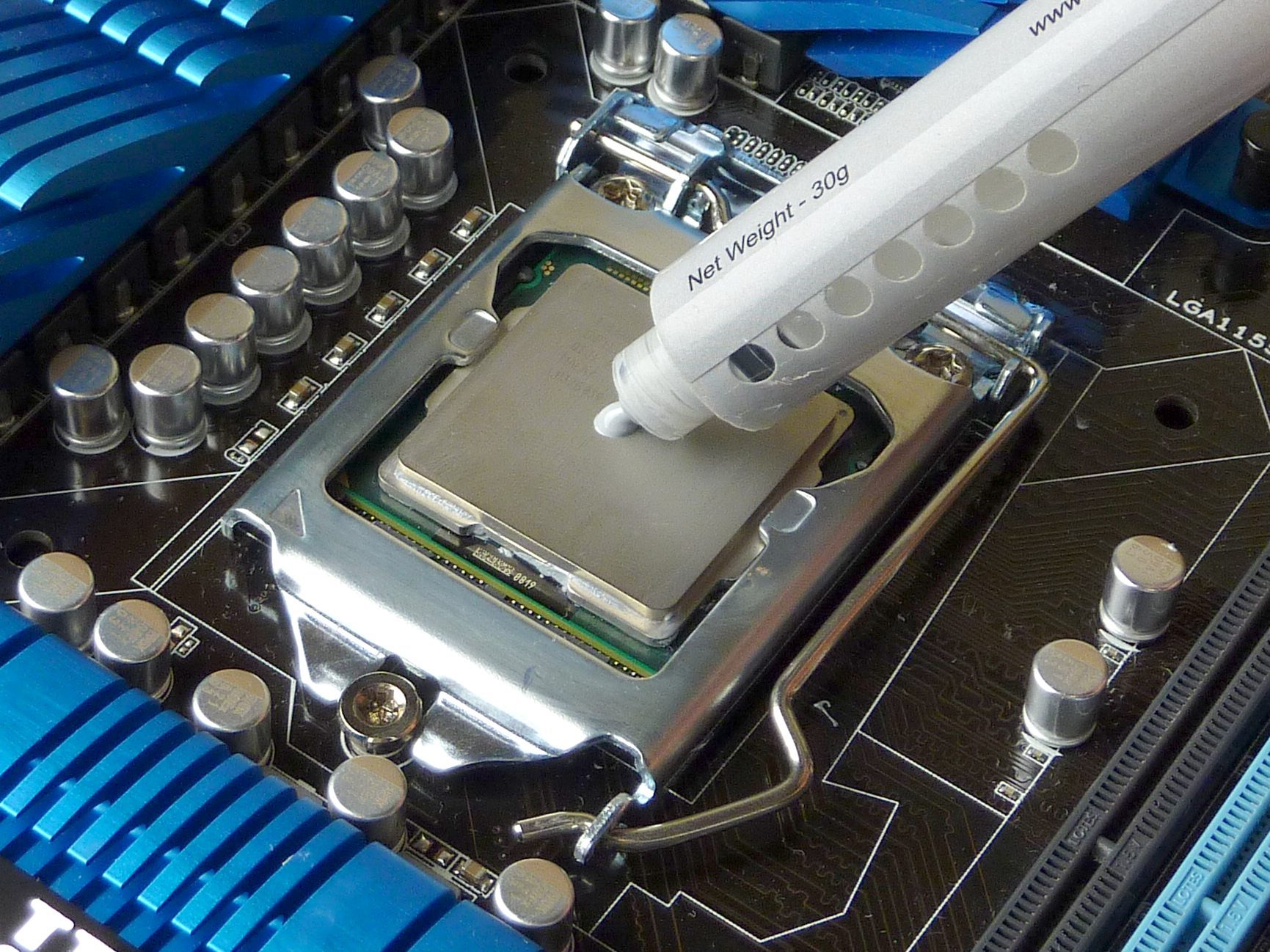



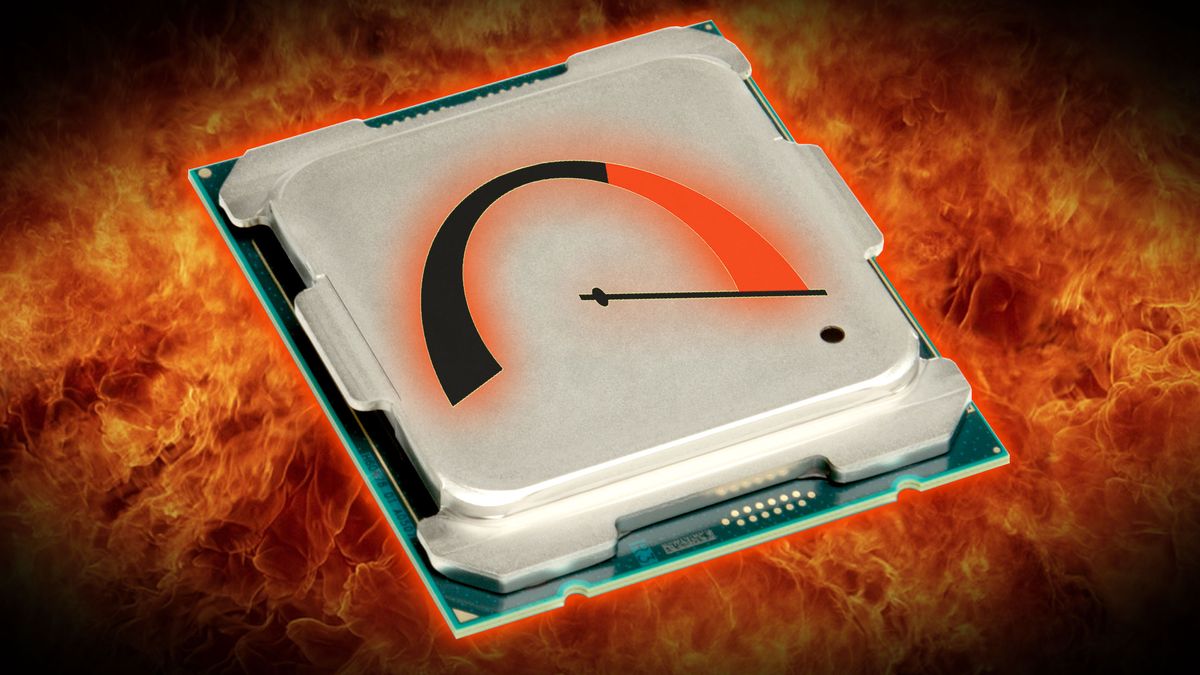
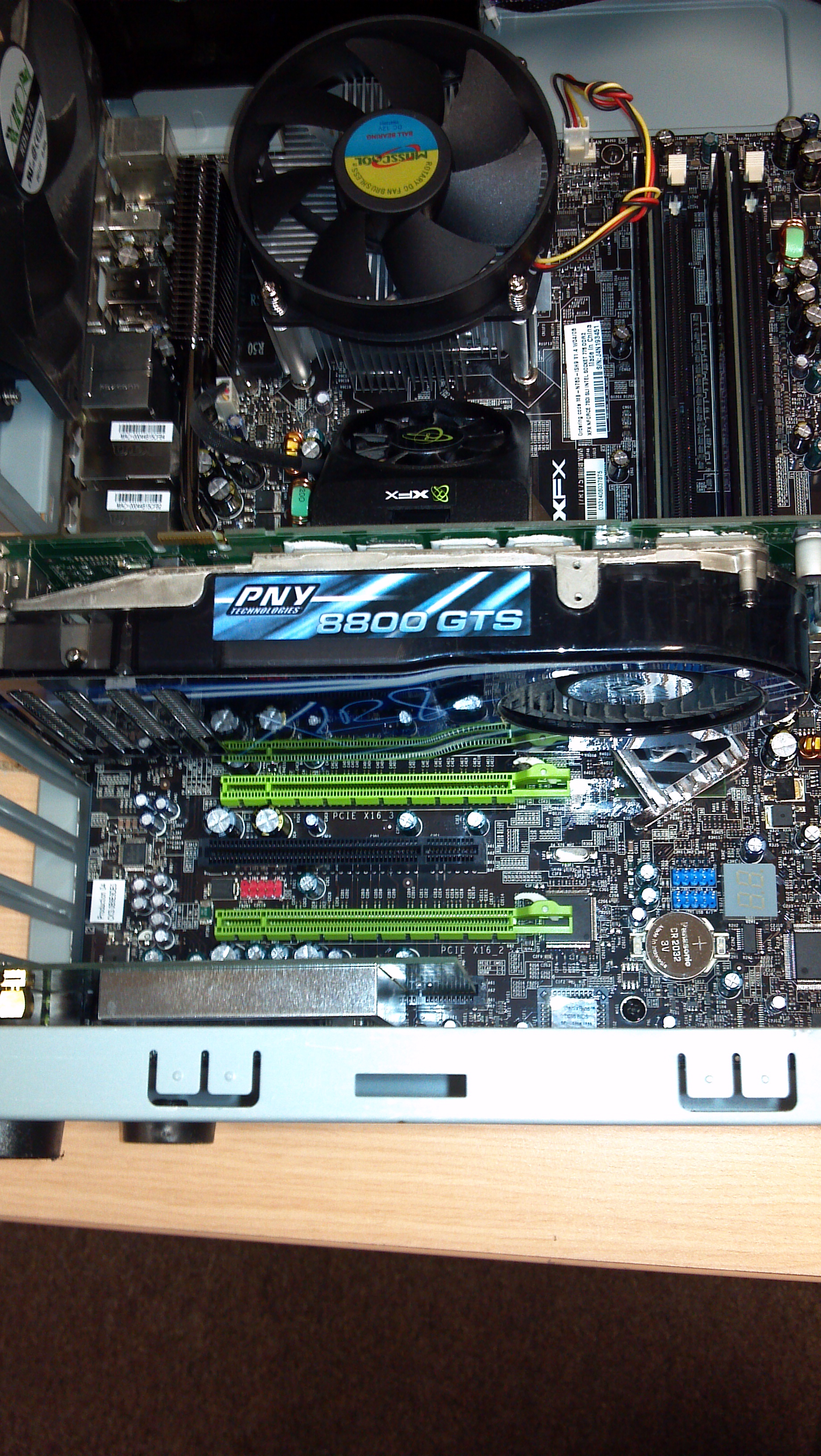


![My Computer Is Overheating! [FAIL] Keep your... GABEtumblr Computer](https://i.pinimg.com/originals/73/f3/0a/73f30abffbb9fa64e27604b178109b5f.jpg)




